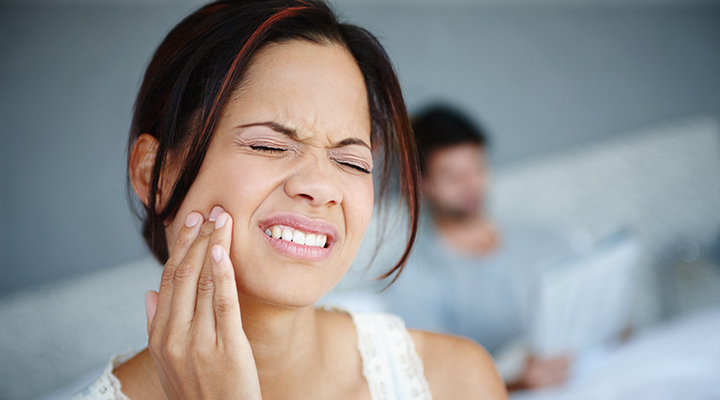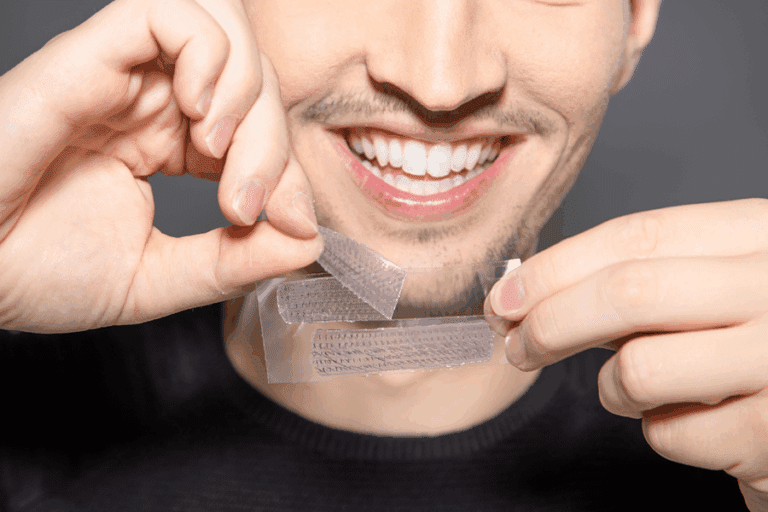When your dentist says you have a cavity, it isn’t good news. Sometimes you might not know it is there, and other times you might feel it. So, why do cavities hurt?
What Are Cavities?
Cavities are permanently damaged areas in the hard surface of your teeth, created by bacteria. Bacteria in your mouth use the sugar and starch that you eat to produce acid. The acid produced by these bacteria is what causes tooth decay and cavities.
Why Do Cavities Hurt?
The damage starts by dissolving the hard protective layer, the enamel, of the tooth. Then it begins to reach deeper layers if left untreated. The deeper the decay is in the tooth, the more painful it will become as it moves closer to the tooth’s nerve.
How To Treat Cavities
It is important to visit the dentist regularly for cleanings so that cavities can be detected ASAP. Here are common treatments for cavities:
- Fluoride treatments at the very beginning of a cavity can restore enamel and actually reverse the cavity, a kind of “natural” repair.
- Fillings are used when the cavity becomes large enough or deep enough that the damage cannot be naturally restored or reversed. The dentist then cleans out the damaged area and fills it with one of several materials.
- Crowns are used when a cavity affects a large portion of the tooth, and after removing the cavity, there is not enough tooth remaining for a filling.
The best way to prevent cavities is to brush and floss twice a day, visit your dentist regularly, and limit your intake of sugary drinks and foods.



